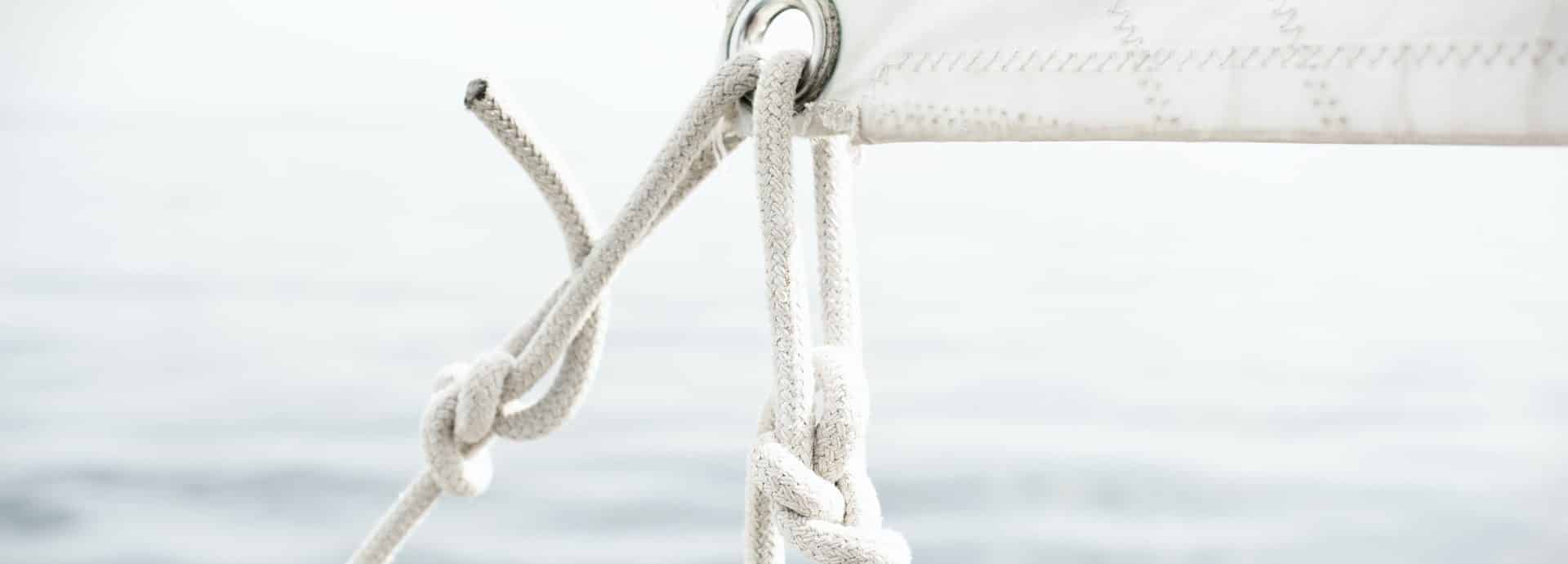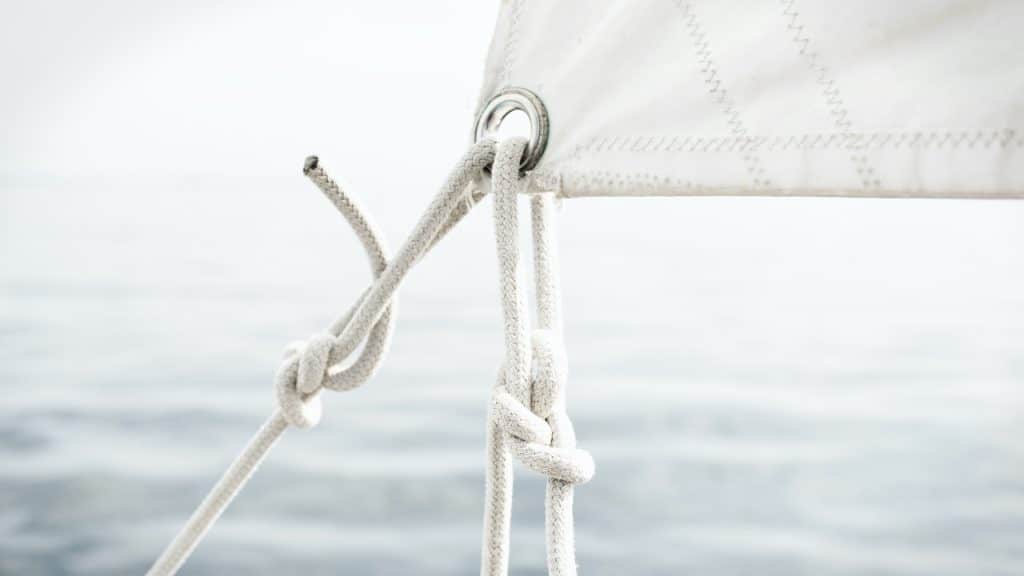

Many words or phrases used in the present day can trace their origins back to the maritime world. Some – like ‘all hands on deck’ and ‘plain sailing’ – are more obvious than others.
Here are ten examples of words or phrases that come from seafaring, and the stories of how they evolved into their more familiar present-day form.
This word can be traced back to a man named Edward Vernon, an admiral in the Royal Navy. In the mid-1700s he ordered that his sailors’ rum be diluted with water to make it less strong. Vernon’s nickname among his sailors was ‘Old Grog’ due to his tendency to always wear coats made out of a fabric called grogram. The new diluted drink was therefore dubbed a ‘grog’. Those who drank too much of it would be called ‘groggy’.
This refers to a trick supposedly played by recruiters to get unsuspecting people to join the Royal Navy in the 18th century. They would slip a shilling into a person’s beer glass when they weren’t looking, and the person wouldn’t realise until they had taken a sip of their drink and had virtually swallowed the coin. This was considered as them having ‘accepted payment’ to join the Navy. Off to sea they went. As this trick became more well-known, saloons and taverns started to remind their patrons to check the bottom of their glasses for any errant shillings by saying ‘bottoms up’.

A ‘cat-o-nine tails’ was a whip made from corded rope with metal or barbs added to the lashes. It was used as a form of punishment by naval officers, and got its name from the scratches it would leave on sailors’ backs. When not being used it would be kept in a bag or sack, and so the phrase ‘letting the cat out of the bag’ came to only mean bad things for the crew of a ship.
Nowadays the word ‘aloof’ means ‘indifferent’ or ‘distant’. It originally stemmed from the Dutch word ‘loef’, which means ‘towards the direction of the wind’. If sailing too close to the direction of the wind (i.e. almost directly into it), it could cause a ship to loose speed and become separated from those it was sailing with.
Just before they entered battle, a ship would fly its national flag – also known as its ‘colour’. Some, however, would carry the flags of several different countries onboard and choose to fly a ‘false’ flag in an attempt to confuse the enemy about who they were. So, to say that someone has shown their true colours means that they have finally shown whose side they are really on.

Nowadays, saying that you like or don’t like the ‘cut of someone’s jib’ means that you either like or dislike them. A ‘jib’ is the sail right at the front of a ship. In the 17th century it was common for different countries to have their ships’ jibs ‘cut’ in different shapes. It was a way for sailors to determine where a ship was from – and if they were friendly or not – before they even got close enough to see what country’s flag they were flying.
As a term, ‘landlubber’ dates back to the 14th century and refers to an inexperienced sailor who would have been better off staying on solid ground. It was a fairly serious insult at the time, and anyone labelled as a landlubber would have been considered something of a burden on the rest of the crew. Sailing is a dangerous occupation, and landlubbers could have been a liability to those they were sailing with. In Herman Melville’s 1847 book Omoo, he wrote that ‘nobody is so heartily despised as a pusillanimous, lazy, good-for-nothing landlubber; a sailor has no bowels of compassion for him’.
In the 18th century a Scottish physician named James Lind found a way of warding off the effects of scurvy, a disease caused by a lack of vitamin C that killed or disabled hundreds of thousands of sailors a year. Lind theorised that citrus fruits could prevent or cure scurvy, and so the Royal Navy began giving lemon and lime juice to its crews. This led to them being nicknamed ‘Limeys’ by American sailors, who took a bit longer to catch on to the beneficial effects of the juice.

On larger sailing ships, signals or orders were given to the crew through a pipe used by the boatswain, the officer responsible for maintaining the ship. In the evening, the boatswain would blow his pipe as a signal for the crew to go below deck to where their hammocks were and to get some sleep. This was also known as ‘piping down the hammocks’. And so, over the centuries, ‘pipe down’ has come to mean ‘be quiet’.
This is probably the most well-known phrase in this post. It was made popular by the 1883 book Treasure Island by Robert Louis Stevenson, but Stevenson did not create it. ‘Shiver’ in this context does not have anything to do with being cold, and instead means ‘a sudden shaking movement’. ‘Timbers’, meanwhile, refers to the wooden frame or skeleton of a ship. ‘Shiver me timbers’ was therefore used as a way of expressing surprise or awe, as if a person had been shocked or shaken to their core by something.
If you enjoyed this blog post, read part two here and check out our guide to some of the most fascinating maritime superstitions.

National Maritime
Museum Cornwall Trust
Discovery Quay
Falmouth Cornwall
TR11 3QY
View Map
See our opening hours
Tel: +44(0)1326 313388
Email: enquiries@nmmc.co.uk